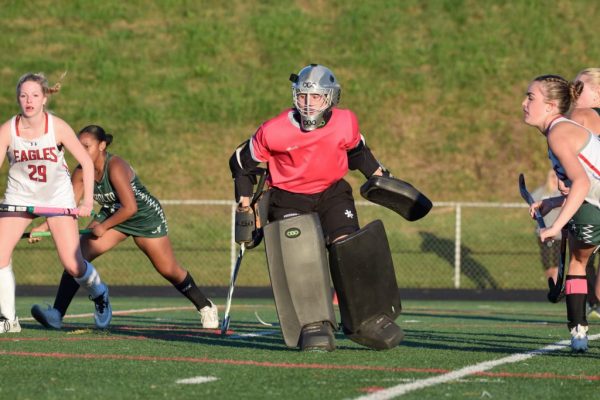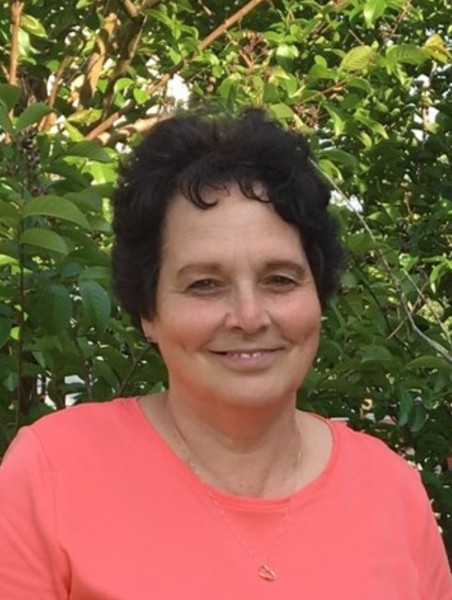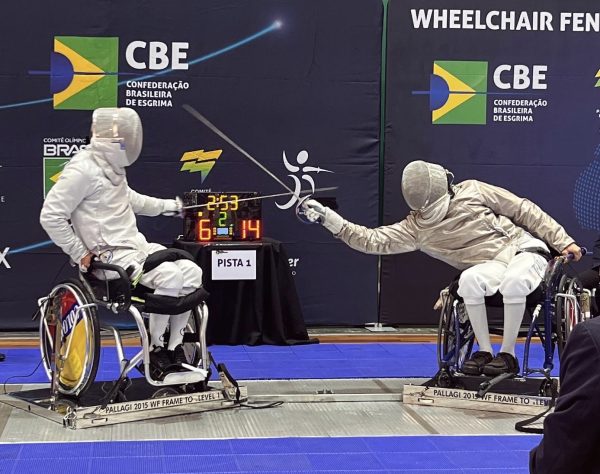Performing from Home
Homes have been transformed from just living spaces into so much more; bedrooms are now offices, kitchens are now classrooms, even basements have been transformed into gyms. But Centennial’s music students have had to turn their rooms and houses into stages, performing with their groups virtually.
Anika Huang, a senior in Chamber Choir, explained that they practice both “independently and via Google Meets.” During class time, Rebecca Vanover, the choir director, plays the piano while the students sing while on mute. This avoids any audio issues, but still allows the students to hear the music.
This “singing on mute” is common among all of the music groups. According to Elizabeth Stroud, a senior in Wind Ensemble, the group also plays with their microphones on mute. Using a metronome, director David Matchim keeps the band at a steady pace. According to Jeffery Weng, a member of the string orchestra, director Allen Leung has adopted the same technique, utilizing breakout rooms to hear individual pieces and parts.
“It’s very disjointed,” acknowledged Huang. “Choir [in person] is great because you can listen and adjust, it’s about the group not just the individual.”
“It’s a lot harder to play as a whole orchestra since we can’t hear each other, so our progress is a lot slower,” agreed Weng. “I feel like we don’t retain the knowledge as effectively as [when] we actually practiced at school.”
Continuity isn’t the only thing that these musicians are missing. The virtual setting creates a feeling of isolation not only in the actual music but also between the students in each group.
“I miss hanging out with the choir,” said Huang. “Not only singing together but also just relaxing or chatting about the pieces or something completely unrelated.”
All the musicians had similar sentiments about the virtual setting, missing their friends, directors, or both. But while it was difficult, the transition was made rather smoothly for all of the groups.
“Matchim and Kranz do a good job of trying to keep the same environment,” recognized Stroud. “They try hard to make connections with the students so that it doesn’t feel like we’re just playing to a computer.”
To combat this social change, the band directors have tried to edit students’ recordings together to simulate a group performance. In order to unite and engage the students, they even held a virtual bingo game. However, neither were the same as having the group together.
“I’m not sure how well it’s going, it’s definitely a work in progress,” said Stroud. “But it is a lot better than nothing.”
Stroud wasn’t the only one to acknowledge the work being put in by the teachers and directors. “It’s sometimes a little chaotic, but Leung manages to organize each class really well,” said Weng.
While students are hoping to move back to the “norm” of playing in groups in person, this will have to be their reality for a little while. Despite the challenges, all groups and directors are working hard to keep their music groups together and playing, even in a virtual setting.
dt/av/eh
For more breaking news and photos, follow The Wingspan on Instagram and Twitter @CHSWingspan.




